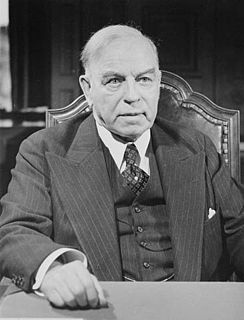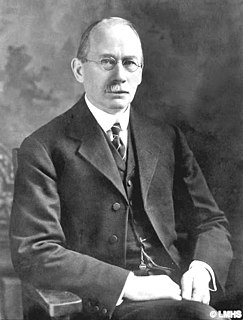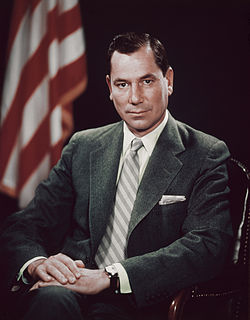A Quote by William Lyon Mackenzie King
Workers in industry are the partners in war of the fighting forces.
Related Quotes
The very same British and American families who had combined to wreck the Indian textile industry in the promotion of the opium trade [...] combined to make the trade, a valuable source of revenue. In 1864 they joined forces to create causes for war and to promote the terrible War Between the States, also known as the American Civil War.
The standard is the same. Don't get me wrong, the main difference is the number of sparring partners. Greg Jackson and Mike Winkeljohn are the best coaches in the world in my opinion and in many other people's opinion but it really it comes down to the number of sparring partners. I go to my gym and I have 10 fighters fighting on the local level but when you go over there it's like 30 fighters all fighting in the UFC or other bigger shows. That's really the main thing; the numbers.


































